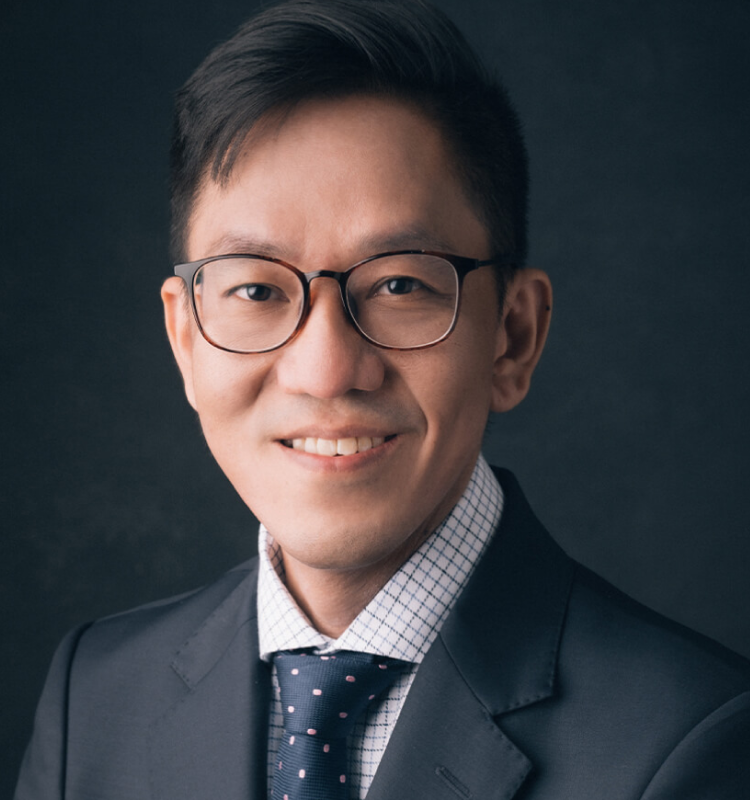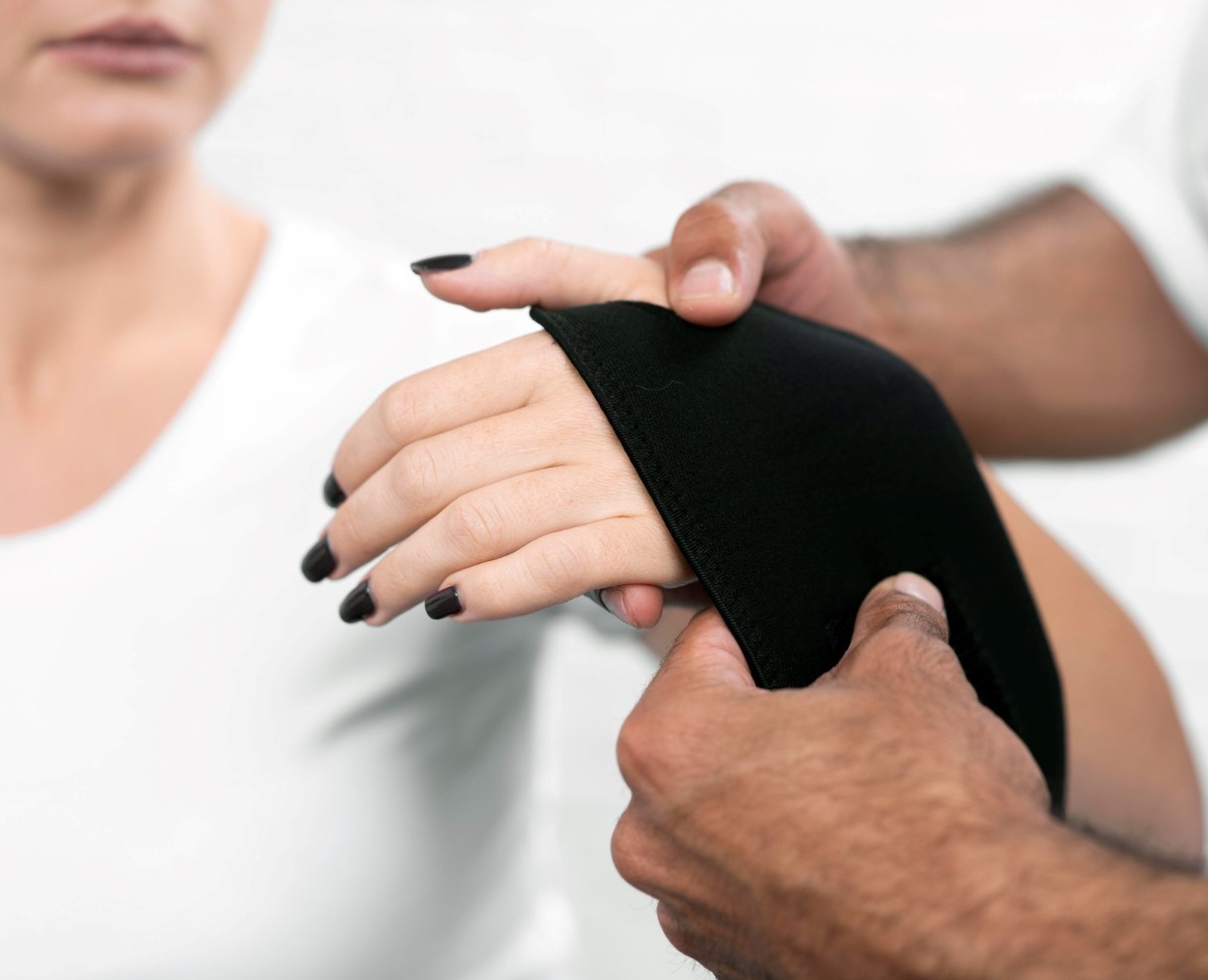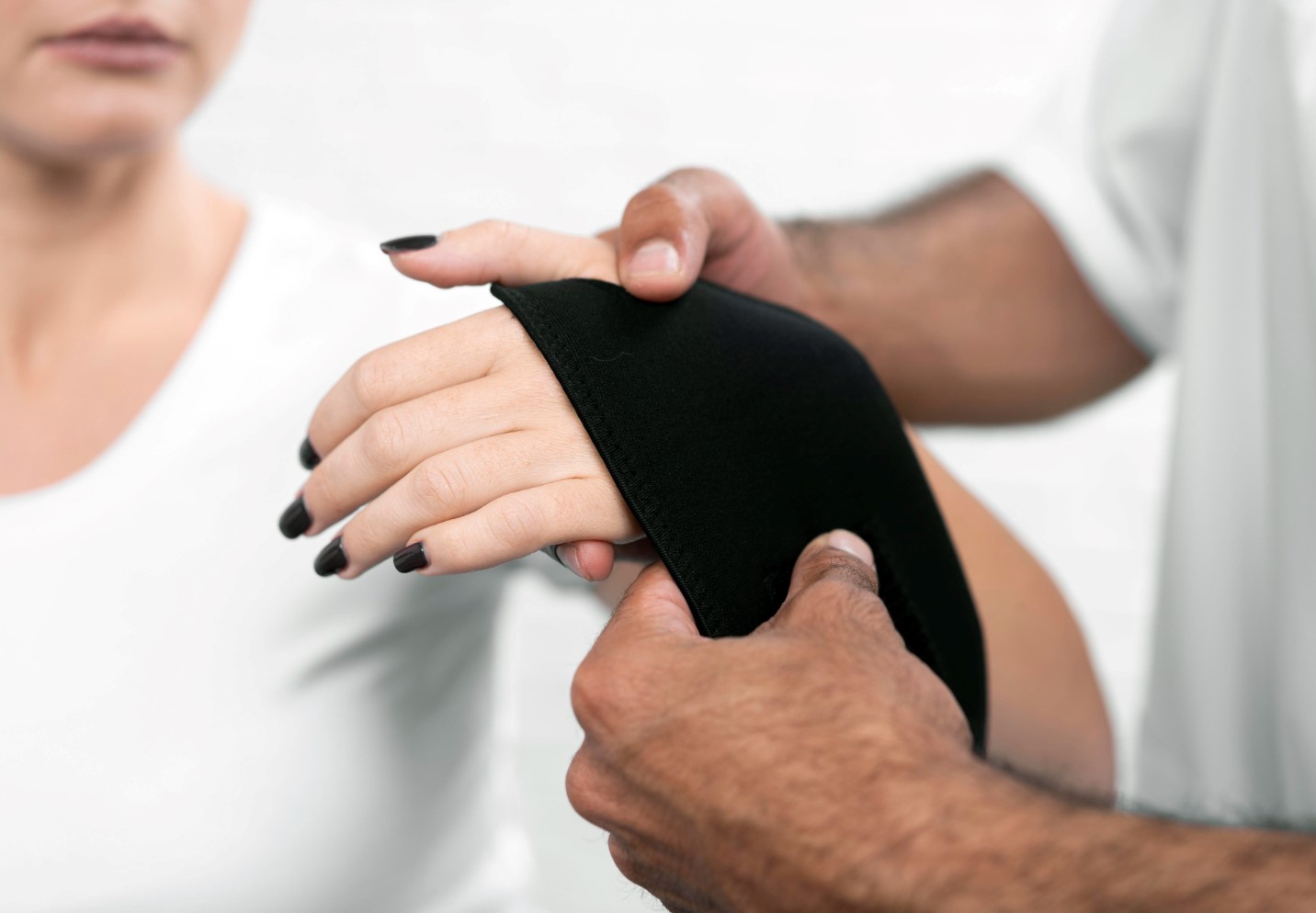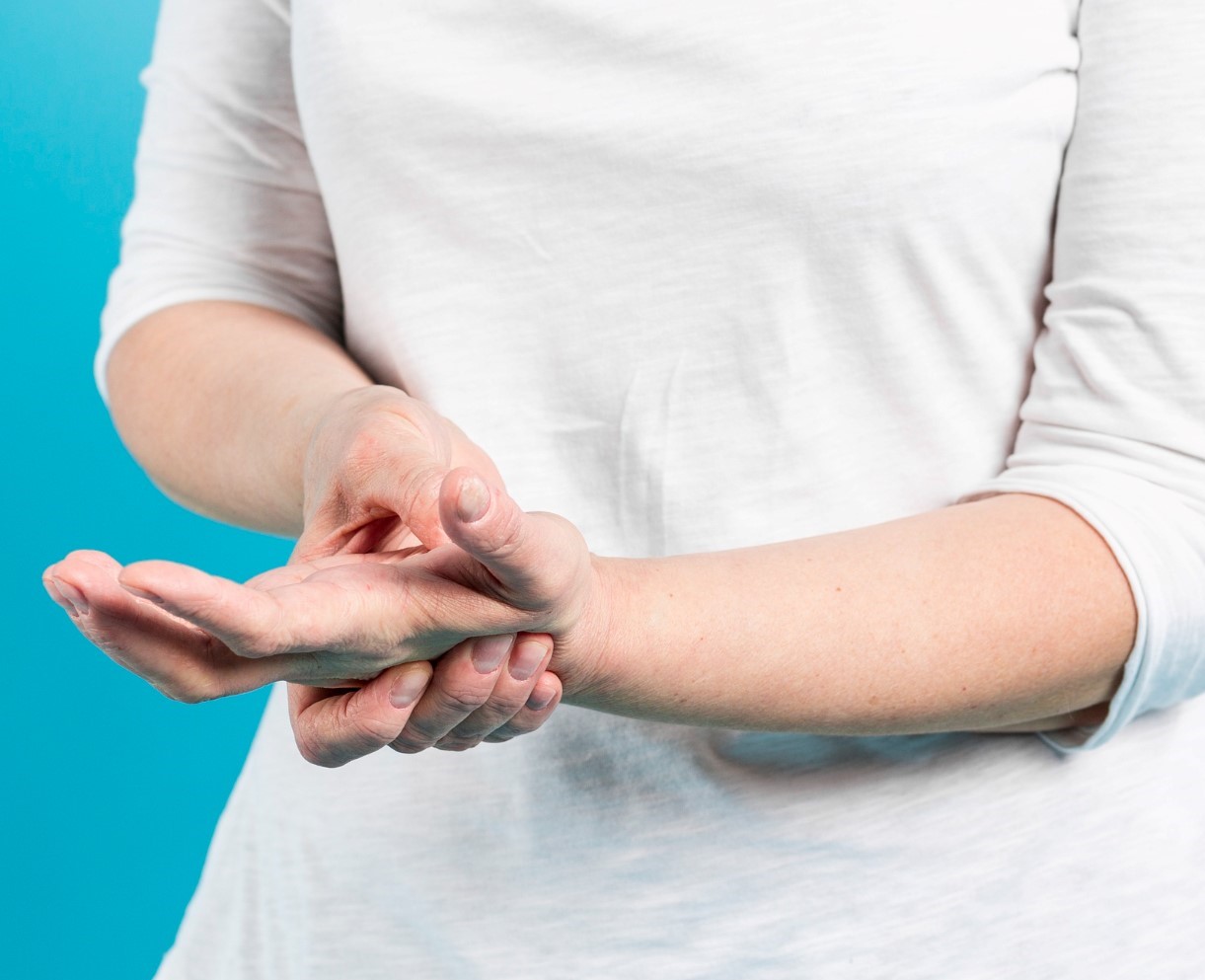Tendon Specialist In Singapore

Dr Wang Lushun
Senior Consultant Orthopaedic Surgeon
MBBS (Singapore)
MRCS (Edin)
MMed (Ortho)
FRCS (Ortho) (Edin)
- Get active again by treating your tendon injuries
- Fellowship-trained orthopaedic surgeon
- Internationally recognised, more than 5000 surgeries performed



What is a Tendon Injury?
Tendons are tough, fibrous connective tissues that attach muscles tox bones in the body. They play an important role in movement and provide stability to the joints. When tendons become injured, it can cause pain and limit movement in the affected area. There are several types of tendon injuries, including tendonitis, tendinosis, and tendon tears.
According to a study published in the Journal of Orthopaedic & Sports Physical Therapy, delayed treatment of tendon injuries can significantly prolong recovery time and increase the risk of re-injury. The study found that patients who waited more than six weeks to seek treatment for their tendon injuries had a 3.5 times greater risk of developing chronic tendon problems compared to those who sought treatment within the first week of the injury.
Symptoms
The symptoms of tendon injuries can vary depending on the location and severity of the injury. Common symptoms include:
Pain
Pain is a common symptom of tendon injuries and can range from mild to severe depending on the injury.
Swelling
This may be observed due to inflammation in the affected area.
Stiffness
Some may experience stiffness due to inflammation in the affected area.
Limited range of motion
Difficulty when moving the affected joint or performing certain activities.
Popping/ Sensation when moving
Some people may also experience a popping or snapping sensation when they move the affected joint.
Bruising or deformity
In severe cases, there may be visible bruising or deformity in the affected area.
That popping sound could be more than just a joint cracking.
It could be a sign of a tendon injury.
It could be a sign of a tendon injury.
Restore your tendon’s function and mobility and prevent further damage or complications.
Does it go away by itself?
Severe tendon injuries, such as a tear or rupture, typically require medical attention and intervention to heal properly. The healing process for tendon injuries can vary depending on the location and severity of the injury, as well as individual factors such as age, physical activity level, and overall health. Tendons have a limited blood supply, which can make them slow to heal compared to other tissues in the body. It is best to seek medical attention if you suspect a tendon injury. An orthopaedic specialist can evaluate the injury and provide recommendations for proper treatment and care. With proper treatment and rehabilitation, most people with tendon injuries can recover fully and return to their normal activities.
Causes
Common causes of tendon injuries:
Certain factors, such as age, physical activity level, and medical conditions like diabetes or rheumatoid arthritis, can also increase the risk of developing tendon injuries.


Diagnosis
If you are experiencing symptoms of tendon injuries, your orthaepedic specialist may do a physical examination, imaging tests, and laboratory tests. During the physical examination, your specialist will evaluate the affected area for pain, tenderness, and range of motion. Imaging tests, such as X-rays, ultrasound, or MRI, can provide detailed images of the tendons and help identify any damage. Laboratory tests, such as blood tests or joint fluid analysis, may be used to rule out other conditions that can cause similar symptoms.
Non-surgical treatments for Tendon Injuries
For mild cases, your specialist may recommend some of these treatments:
- RICE (rest, ice, compression, and elevation) can help reduce pain and swelling in the affected area.
- Physical therapy can help improve strength, flexibility, and range of motion in the affected joint.
- Medications, such as nonsteroidal anti-inflammatory drugs (NSAIDs), can help relieve pain and reduce inflammation.
Surgical treatments for Tendon Injuries
For severe cases, your specialist may recommend some of these treatments:
- Tendon repair: The surgeon makes an incision in the skin to expose the damaged tendon and then sutures the two ends of the tendon back together. Depending on the severity of the injury, the surgeon may also use a tissue graft or a tendon transfer to reinforce the repair. After surgery, the patient typically undergoes a rehabilitation program to help restore the tendon’s strength and flexibility.
- Tendon transfer: The surgical technique involves redirecting a functional tendon from its original attachment site to a new location where it can perform the same or similar function. The procedure is typically performed when a muscle or tendon is weak or paralyzed, and a healthy tendon is used to compensate for the loss of function.
- Grafting: The surgery involved removing the healthy tissue from the donor site and transferring it to the recipient site. The graft is secured in place with stitches, screws, or other devices, and the patient typically undergoes a period of rehabilitation to allow the graft to integrate with the surrounding tissue.
Recovery
| Recovery Period | What to Expect |
|---|---|
| Immediately after surgery | The affected area will be immobilized with a cast or splint to allow the graft to heal properly. |
| 6-8 weeks post-surgery | The cast or splint is removed and physical therapy begins to help regain strength, flexibility, and range of motion in the affected joint. |
| 3-6 months post-surgery | Depending on the severity of the injury, physical therapy may continue to help with the recovery process. |
Prevention
Preventing tendon injuries involves taking steps to reduce the risk of injury. Proper training techniques, adequate rest, and appropriate equipment can help prevent overuse injuries. Maintaining a healthy weight and avoiding smoking can also help reduce the risk of tendon injuries.


Dr Wang Lushun
Senior Consultant Orthopaedic Surgeon
MBBS (Singapore)
MRCS (Edin)
MMed (Ortho)
FRCS (Ortho) (Edin)
Internationally Recognised & Double Fellowship-Trained Surgeon With Over 18 Years of Experience
- Bachelor of Medicine & Bachelor of Surgery (MBBS),
National University of Singapore - Member of The Royal College of Surgeons (MRCS),
Edinburgh, United Kingdom - Master of Medicine in Orthopaedic Surgery (MMed),
National University of Singapore - Fellow of The Royal College of Surgeons in Orthopaedics and Traumatology (FRCS), Edinburgh, United Kingdom
As a Senior Consultant Orthopaedic Surgeon and former Head of the Hip and Knee Division in Ng Teng Fong Hospital, he has won awards for superior patient outcomes (value driven), service quality and enhanced recovery programmes. His patients include current and former national athletes and sporting professionals.
Why Choose
Dr Wang Lushun?
Trusted
Leadership on Orthopaedic Advisory Boards
Skilful
Double Fellowships at Centres of Excellence
Experienced
Senior Consultant with Over 18 Years of Experience
Patient-Centred Orthopaedic Care
We are dedicated to your recovery and well-being. Every patient deserves the freedom that comes with active living. Whether you're an athlete sidelined by an injury or a weekend hobbyist desperate to return to your passion, our mission is to help you regain your mobility and independence.
Personalised Approach For Positive Outcomes
Our clinic prioritizes time dedicated to understanding each patient’s injuries and needs. Dr Wang strongly believes that personalised care & patient management will lead to better outcomes & positive experiences.
Minimally Invasive Techniques For Faster Recovery
Dr Wang’s extensive experience with minimally invasive procedures allows for less scarring, lower risk of complications and faster recovery compared to traditional surgical methods.
Aftercare Focused On Restoring Mobility & Well-Being
As an avid sportsperson, Dr Wang understands the time and patience required to regain mobility and return to active living. After your procedure is completed, Dr Wang will make sure your recovery is smooth and comfortable.
Insurance
We accept all patients, with or without insurance plans. Additionally, we are on the specialist panels of these Health Networks/Insurance Plans. Please contact us if you have any queries and we will be happy to assist you in checking with your insurance provider.